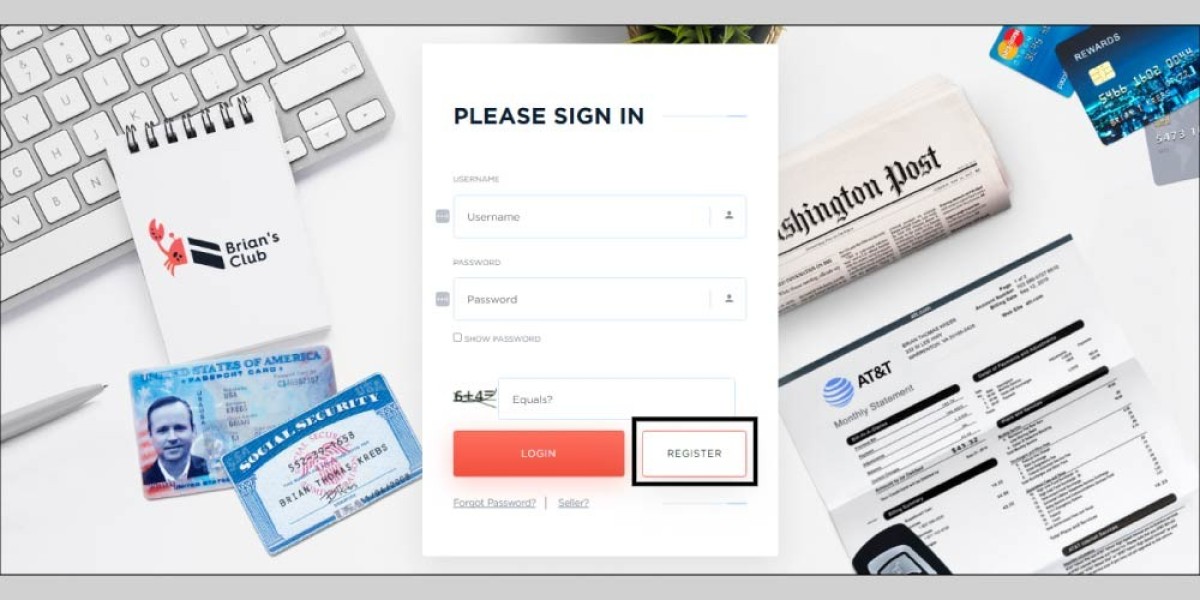The Role of Employment Discrimination Lawyers: What to Expect
Navigating the complexities of workplace rights and discrimination can be challenging. Employment discrimination lawyers play a vital role in advocating for employees who have faced unfair treatment based on their race, gender, age, disability, or other protected characteristics. These legal professionals help individuals understand their rights, navigate the legal system, and seek justice when they have been wronged. This blog explores the essential functions of employment discrimination lawyers, what you can expect from them, and how they can assist you in your journey toward justice.
Understanding Employment Discrimination
Employment discrimination occurs when an individual is treated unfairly in the workplace based on specific characteristics protected by law. These include race, color, religion, sex, national origin, age, disability, and genetic information. Discrimination can manifest in various ways, including:
- Hiring Practices: Unequal treatment in hiring based on protected characteristics.
- Promotion and Pay: Denial of promotions or unequal pay compared to colleagues in similar positions.
- Harassment: Creating a hostile work environment through offensive comments or actions.
- Retaliation: Punishment for reporting discrimination or participating in investigations.
Recognizing these behaviors is the first step toward seeking help. If you believe you have experienced workplace discrimination, consulting an employment discrimination lawyer can be crucial in addressing the situation.
What to Expect from an Employment Discrimination Lawyer
1. Initial Consultation
When you first meet with an employment discrimination lawyer, they will conduct an initial consultation to understand your case. During this meeting, you’ll discuss the details of your situation, including any incidents of discrimination or harassment you have faced. The lawyer will ask pertinent questions to gather information and assess whether you have a viable case.
This consultation is usually free, allowing you to determine if you feel comfortable working with the lawyer and if they have the expertise necessary to handle your situation. It’s an opportunity for you to ask questions about their experience and approach to employment discrimination cases.
2. Case Evaluation
Once your lawyer understands the details of your case, they will conduct a thorough evaluation. This may include reviewing documents such as employment contracts, performance reviews, emails, and any correspondence related to your claims. They will also assess whether your situation falls within the legal parameters of employment discrimination and what potential legal avenues are available to you.
Your lawyer may also discuss the possibility of alternative dispute resolution methods, such as mediation or arbitration, which could provide a more expedient and less confrontational route to resolving your issue.
3. Legal Representation and Advocacy
If you decide to proceed with your case, your employment discrimination lawyer will represent you throughout the legal process. This includes filing complaints with relevant government agencies, such as the Equal Employment Opportunity Commission (EEOC) or state labor boards, and preparing your case for litigation if necessary.
A work discrimination lawyer will develop a legal strategy tailored to your situation, which may involve gathering evidence, interviewing witnesses, and crafting compelling arguments to support your claims. They will advocate on your behalf, ensuring your rights are protected and that you receive fair treatment during the legal proceedings.
4. Guidance and Support
Navigating a discrimination case can be emotionally challenging. Your lawyer will provide ongoing support and guidance throughout the process, helping you understand the legal proceedings and what to expect at each stage. They will keep you informed about any developments in your case and discuss potential outcomes, allowing you to make informed decisions about how to proceed.
Additionally, if your situation has resulted in a work injury due to the stress or harassment experienced, your lawyer can connect you with a work injury lawyer in Los Angeles to ensure you receive comprehensive support for your physical and emotional well-being.
5. Settlement Negotiation or Trial
Many employment discrimination cases are resolved through negotiation or settlement. Your lawyer will handle these discussions on your behalf, working to secure a fair settlement that meets your needs. They will use their expertise to evaluate settlement offers and advise you on whether to accept or pursue further legal action.
If a settlement cannot be reached, your case may proceed to trial. Your lawyer will represent you in court, presenting evidence, calling witnesses, and arguing your case to ensure that your rights are upheld and that you receive the compensation you deserve.
Conclusion
Employment discrimination lawyers are essential advocates for individuals facing unfair treatment in the workplace. Their expertise and support can make a significant difference in navigating the complexities of employment law and seeking justice for discrimination. From the initial consultation to case resolution, they guide you through each step of the process, ensuring your rights are protected and that you have the best chance of achieving a favorable outcome.














Post Comment